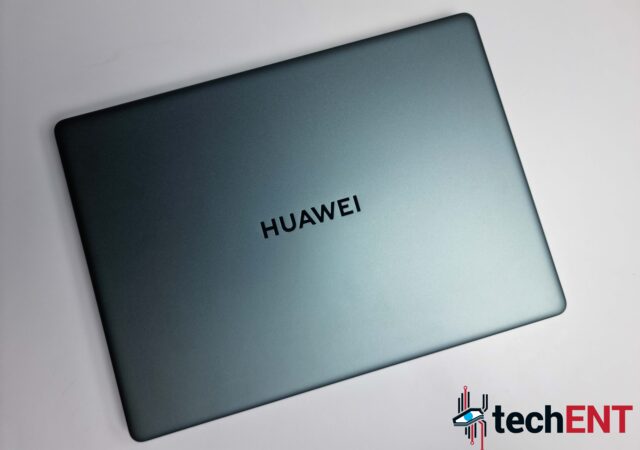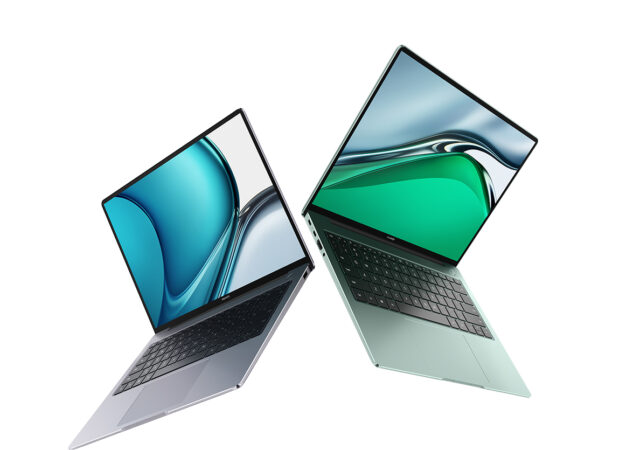We had the chance to test out the HUAWEI MateBook 14S. At MYR 4,999, it may not sound like the bargain of the century. Is it any good though?
HUAWEI MateBook 14s Launches in Malaysia from MYR 4,999 – HUAWEI Says It Is the New Way to Work
HUAWEI has launched their new laptop for work, the MateBook 14s with Intel’s latest 11th generation Core CPUs for MYr 4,999 onward.




